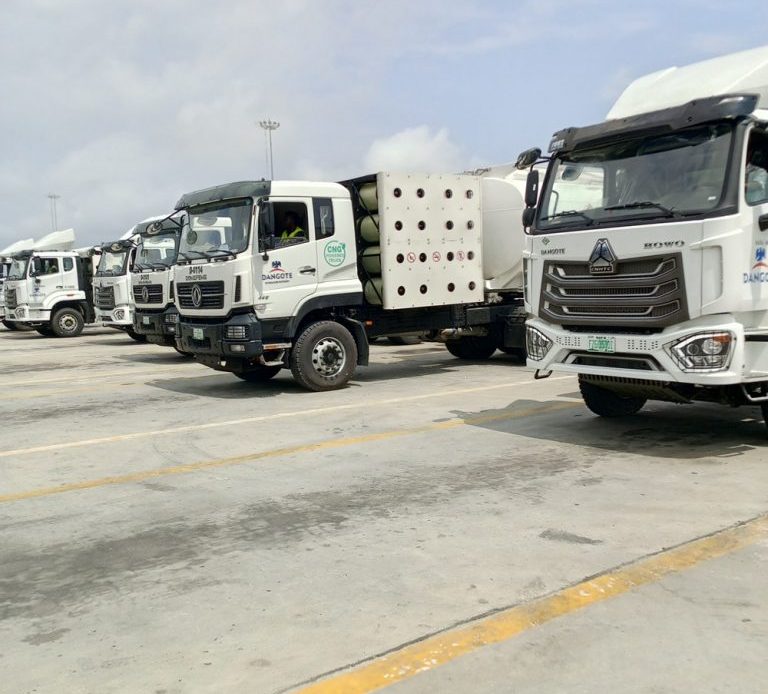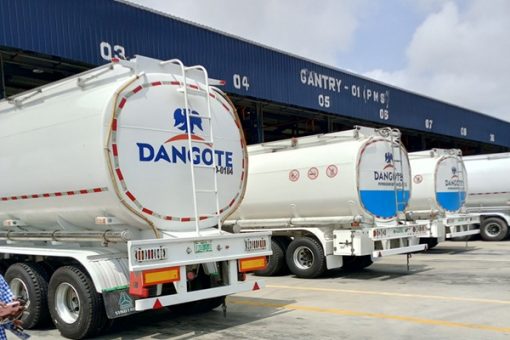
Abuja residents are once again grappling with fuel scarcity, as filling stations across the capital shut down amid supply disruptions linked to the Dangote Refinery’s delayed retail rollout. The development has raised fresh concerns over Nigeria’s fragile downstream oil sector and the risks of overdependence on a single player.
For over four days, several stations affiliated with the refinery — including Conoil and MRS — have remained closed, leaving motorists stranded in long queues or searching across the city for scarce supplies. Station managers confirmed their tanks were empty, blaming delays in supply expected from Dangote’s new direct distribution scheme.
The Dangote Refinery had earlier announced that its retail distribution network would officially commence on September 15, with selected marketers as partners. However, that deadline passed without the anticipated rollout, throwing affiliated operators into crisis.

While the refinery’s entry into the downstream sector has been hailed as a potential game-changer, the current standoff highlights the gap between ambition and execution. Analysts say the disruption exposes the delicate balance of Nigeria’s fuel supply chain, where systemic stability is easily shaken by uncertainty.
Industry groups are voicing alarm. The Petroleum Products Retail Outlets Owners Association of Nigeria (PETROAN) warned that monopolistic control of the supply chain could create inefficiencies rather than solve them. Its president, Billy Gillis-Harry, stressed the need for division of labour and collaboration to ensure stability in distribution.
“Energy security cannot rest on one company alone,” Gillis-Harry said. “We must create a system where different players share responsibility to avoid breakdowns.”
Marketers, however, accuse Dangote of attempting to dominate the downstream market by sidelining existing distribution networks. Some fear that the refinery’s strategy, while designed to cut out middlemen, could inadvertently destabilize supply at the retail level.
Meanwhile, fuel prices remain painfully high, hovering between ₦865 and ₦920 per litre in Abuja, Lagos, and other major cities. Commuters and small businesses are already feeling the pinch, with transport fares and running costs climbing further.
Experts say the situation underscores the larger tension at play: revolutionary change versus systemic stability. The Dangote Refinery promises efficiency, reduced imports, and long-term savings for Nigeria’s economy. But the transition has so far revealed deep frictions within entrenched distribution networks that still power the sector.
Energy analyst Chika Ugo noted that the refinery’s dominance could deliver results if properly managed, but warned against ignoring the lessons of past disruptions. “We cannot replace one form of dependence with another. For reforms to work, they must build resilience, not fragility,” she said.
As Abuja residents queue for scarce fuel and businesses count their losses, the hope remains that the refinery will overcome its rollout hurdles and bring relief to Nigerians. Until then, the capital faces yet another reminder of how easily supply shocks can unsettle daily life.
